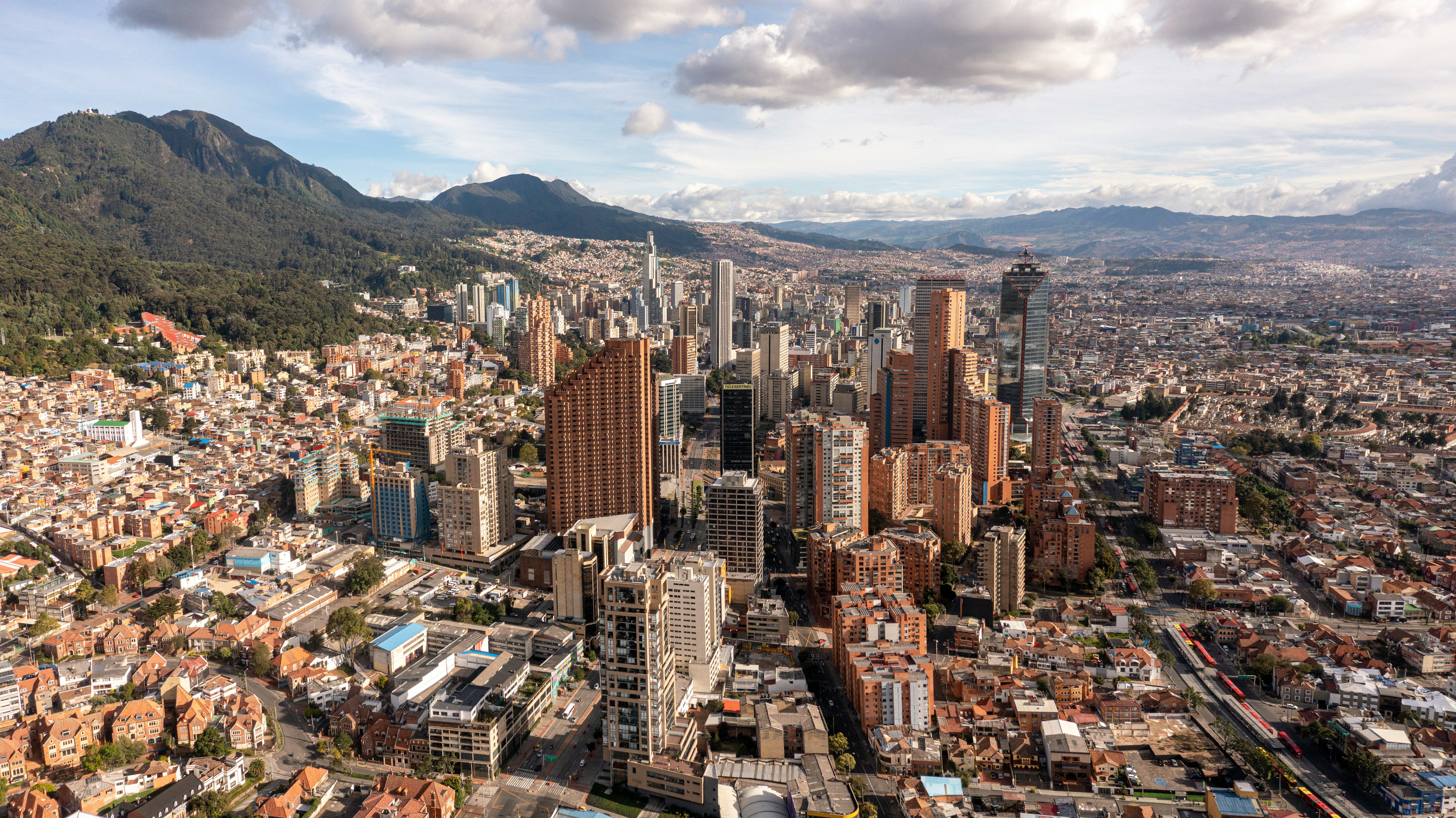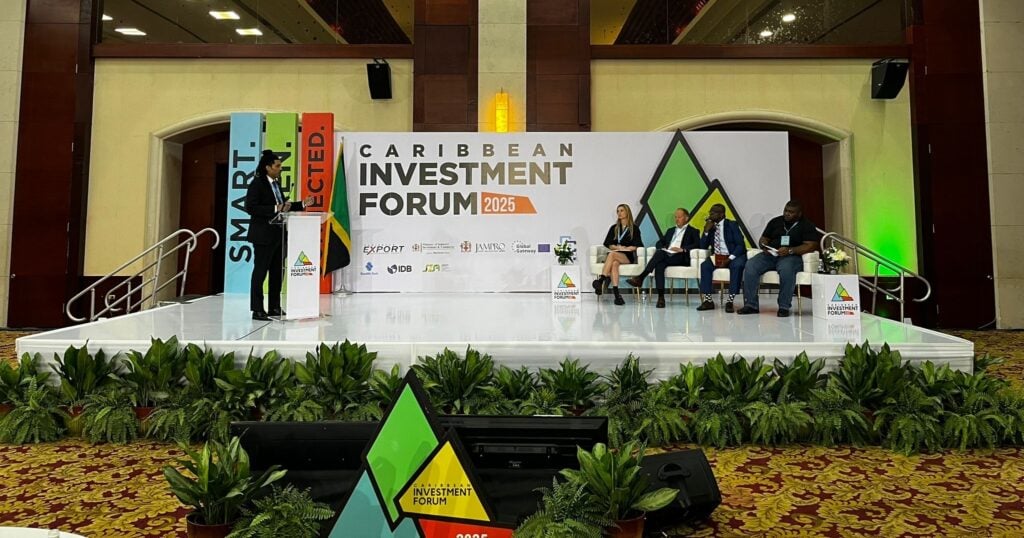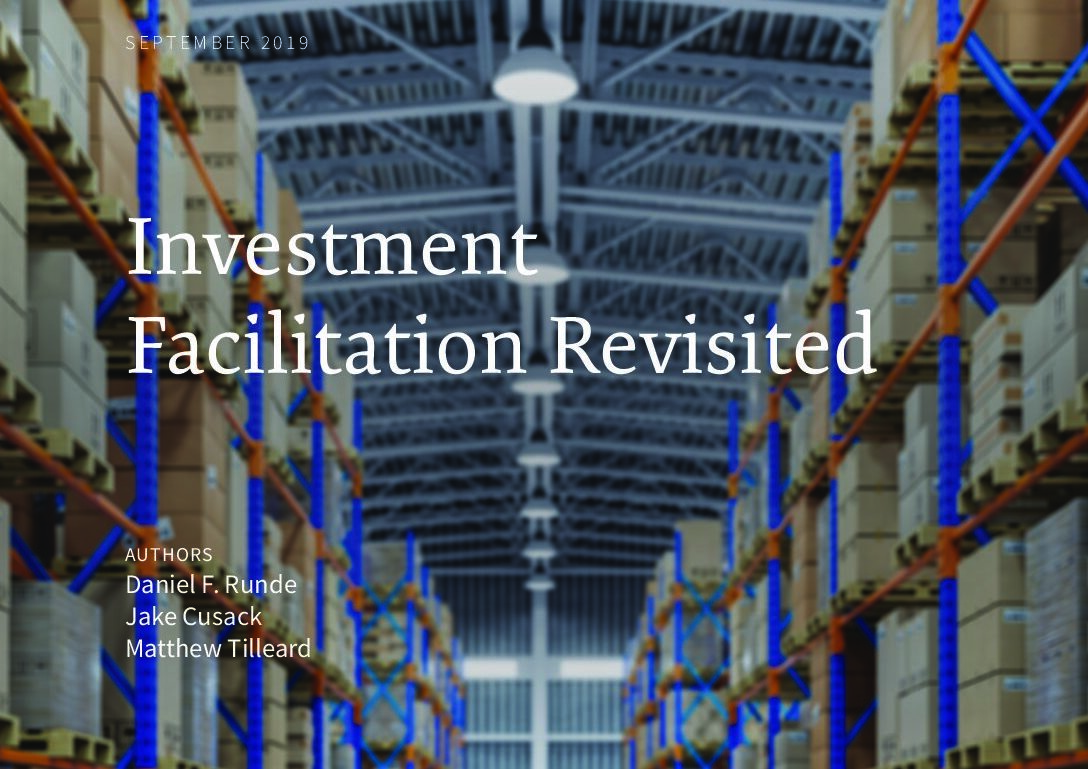
Catalytic capital and climate resilience driving development in Latin America and the Caribbean
From Colombia to the Caribbean, the conversation around investment in Latin America and the Caribbean (LAC) is evolving. While the region continues to be dynamic, it faces persistent challenges such as capital constraints, climate risks, infrastructure shortfalls, and market fragmentation.
From Colombia to the Caribbean, the conversation around investment in Latin America and the Caribbean (LAC) is evolving. While the region continues to be dynamic, it faces persistent challenges such as capital constraints, climate risks, infrastructure shortfalls, and market fragmentation.
At recent regional convenings, CrossBoundary Advisory’s LAC team observed how investors and entrepreneurs are creating opportunities, setting the stage for the next wave of development. Here are some of their insights:
1. Blended finance is gaining momentum
During Impact Minds, Latimpacto Conference and the Afri-Caribbean Trade and Investment Forum, a reoccurring theme was the growing appetite for blended finance structures. Donors, foundations, and development partners are increasingly using catalytic capital to crowd in private investors, de-risk early-stage opportunities, and expand access to underserved markets. The region’s funding gaps are driving innovative partnerships that combine philanthropic, public, and private resources.
2. “Innovation through necessity” driving fresh ideas
Funding gaps in the LAC region are pushing stakeholders to design new mechanisms and collaborations that maximize each partner’s comparative advantage. This “innovation through necessity” is leading to fresh models that can both mobilize capital and generate impact, particularly in smaller and harder-to-reach markets such as Central America and the Caribbean.
3. Startups are scaling with AI at the forefront
At Colombia Tech Week, which highlighted the region’s venture capital and technology ecosystem, the energy was palpable around startups ready to expand from national to regional and global markets. Investors are actively backing businesses with scalable models, and the region is shifting from being “tech-enabled” to truly “AI-enabled”. Companies are turning artificial intelligence capabilities towards business operations, creating opportunities for efficiency, growth, and competitiveness. Angel investors are playing a critical role in connecting early-stage AI startups to larger venture capital funds, creating a smoother path to raise capital as they grow.
4. Regional impact investment ecosystems are breaking through internationally
The Peruvian Impact Investing Summit highlighted the rapid growth of the ecosystem, with strong international participation from the previous year. Peru is positioning itself as a regional hub for impact investing. International actors bring both capital and global expertise, strengthening local markets, while local enablers, such as Aliados de Impacto, ensure that this growth remains structured, sustainable, and inclusive.
5. Renewable energy and climate resilience as economic drivers
From Amazon bioeconomy value chains to the Caribbean’s resilience agenda, renewable energy is emerging as not only a sustainability imperative but an economic enabler. Access to clean, affordable energy is critical to expanding agricultural and bioeconomy value chains, while in the Caribbean, resilience-focused financing mechanisms are key to unlocking capital for infrastructure and local business growth. Investment vehicles like the Caribbean Community Resilience Fund are showing how climate finance can be mobilized at scale to support economic growth.

6. Regional collaboration is expanding
Whether through new partnership models in Colombia, blended finance structures in the Caribbean Community, or increased international participation in Peru, there is a growing emphasis on regional integration and collaboration. Many of LAC’s challenges require solutions that cut across national borders, build shared resilience, and create collective impact.
The LAC region is at an inflection point, where necessity is fueling innovation, ecosystems are maturing rapidly, and collaboration is unlocking new opportunities for sustainable growth. The challenges the region faces are driving new solutions, and out of these pressures, key trends such as catalytic capital, AI-driven startups, renewable energy, and climate resilience are driving development.





